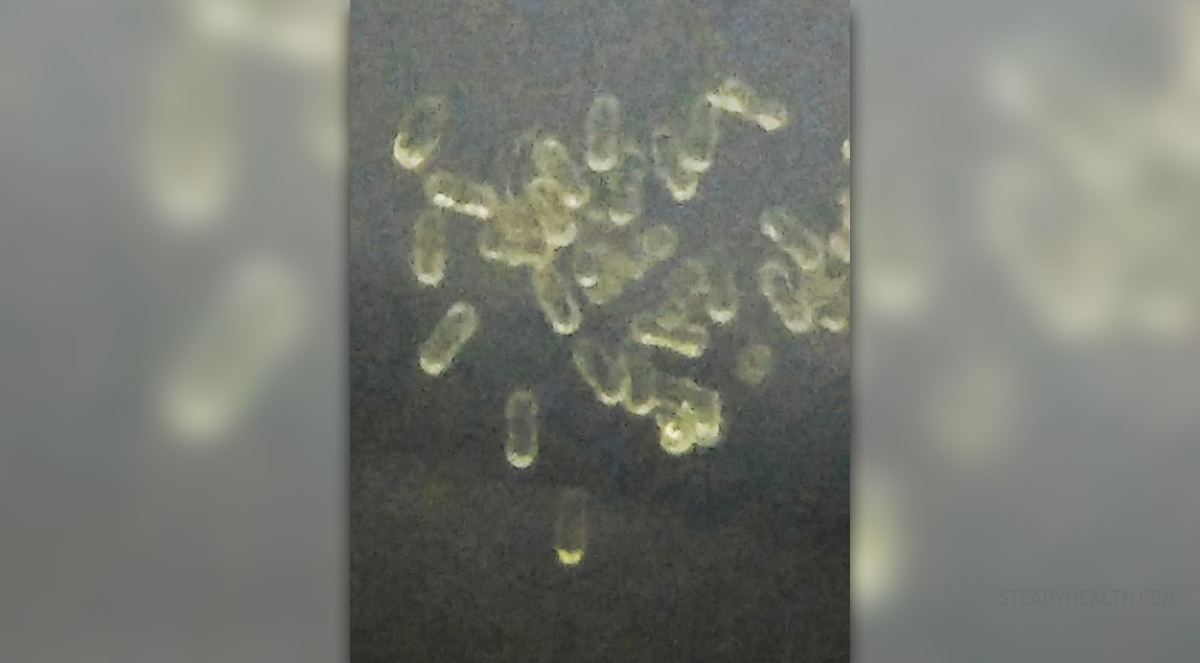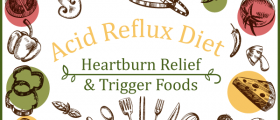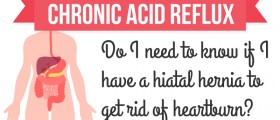
GERD-Overview
Gastroesophageal reflux disease (GERD) is a chronic digestive disease. It occurs when the liquid content of the stomach flows back into the esophagus. Stomach acid is believed to be the most harmful component of the refluxed liquid. This condition, after it starts, is usually life-long. There are a few risk factors that might increase the possibility of a person getting GERD. These include: asthma, obesity, hiatal hernia, diabetes, smoking, connective tissue disorders, dry mouth, and pregnancy etc.
Causes
GERD is caused by frequent acid reflux (the backup of stomach acid into the esophagus). When a person swallows, the lower esophageal sphincter relaxes to allow food and liquid to flow down into the stomach. Then it closes again. However, if this valve relaxes unusually or weakens, stomach acid can flow back up into the esophagus, causing frequent heartburn. In fact, the reflux of the stomach's liquid contents into the esophagus occurs in most people. Doctors found that reflux occurs as frequently in normal individuals as in patients with GERD. In patients with GERD, however, that liquid contains acid more often, and the acid remains in the esophagus longer. It has also been found that liquid refluxes to a higher level in the esophagus in patients with GERD than in people that simply experience heartburn.
Symptoms
The common symptoms of this disease are: heartburn (that might spread to the throat), sour taste in one’s mouth, shortness of breath, hoarseness, chest pain, dry cough, difficulty swallowing, acid reflux, etc. It is important that people who notice the symptoms consult a physician immediately. GERD should be treated as soon as the first symptoms have presented themselves.
Treatment
The treatment for this condition is usually life-long. Even after the esophagus has healed the treatment should not be stopped. If the treatment is stopped, the injury will return in most patients within a few months. Once treatment for GERD is begun, therefore, it usually will need to be continued indefinitely. The doctor might prescribe medication that controls acid. This includes antacids that neutralize stomach acid, medicine that reduces acid production and medication that heals the esophagus.
Natural Remedies
There are various natural ways of treating GERD. These are:
Ginger root. It is available in capsules that should be taken after dinner. A mix of water and apple cider vinegar should be consumed while havingdinner. Avoiding smoking. Tobacco smoking releases chemicals that may loosen the lower esophageal sphincter. Walking after a meal. This will help speed up digestion. Avoiding certain food and drinks that might trigger acid reflux. These include: spicy, fatty foods, onions, garlic, alcohol, coffee, etc. Drinking more water. Water helps dilute the stomach acid, thus making the person not feel the reflux as strongly as usual.
















Your thoughts on this
Loading...